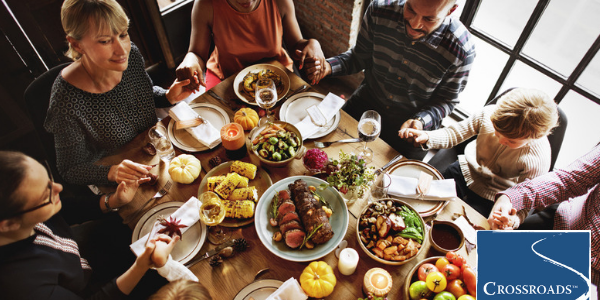As the year winds down, the holidays ramp up. From Halloween through New Year’s, this is often a busy time for many people and filled with events, parties, and other activities. Major social events often involve drinking, and this can make it difficult for those who completed alcohol addiction treatment to stay focused on their recovery. There is a lot of temptation present with people offering drinks and drinking themselves. However, staying sober during the holidays is possible if you approach it with a plan and different strategies to address various situations you may face.
Plan Your Holiday Early
A good plan can go a long way, so don’t be afraid to start writing things down and ensuring you’ve covered key details. Make sure you’re not overextending yourself by going to multiple parties on the same day. Pick and choose where you want to spend your time and with whom. If you plan ahead, you can ask a friend or family member to go with you for reassurance and accountability so you know you won’t be the only one not drinking.
It’s Okay to Say No
There is often pressure to drink over the holidays, even at events like office parties, which can jeopardize your recovery. Come up with a few phrases to decline offers such as, “I don’t drink,” “I’m not drinking tonight,” “No thank you, I’m fine,” or “I’m focusing on improving my health.” Remember that you don’t owe anyone an explanation, so be confident in standing your ground.
You may also want to decline some party invites where you know substance use will be prevalent. Consider who might be attending and where the event is so you can better gauge the environment and if you feel comfortable attending. Celebrating the holidays and recovery at the same time can be done if you’re careful about how you spend your time and are not afraid to say no.
Go Your Own Way
If you’re not feeling a lot of the parties you’re invited to, host your own. This allows you to be more in control of the environment and who attends. Tell guests that you have drinks covered but they can bring an appetizer or dessert to share. Offer tasty mocktails and alcohol-free drinks along with games and music. Try to shift the focus from drinking to other social activities like dancing or decorating contests.
Prioritize Yourself
As you’re planning how to stay sober at Christmas, Hanukkah, New Year’s, and other holidays, don’t forget to include self-care into the mix. Staying sober during the holidays means taking care of yourself physically, mentally, emotionally, and spiritually. Attend support group meetings before or after events to focus on your goals and stay accountable. Know who you can call if you’re feeling stressed or temptation strikes.
Making your well-being a priority is especially important if you have co-occurring disorders like a substance use disorder and anxiety or depression. Holiday depression can throw you for a loop, so make sure you pay attention to how you’re feeling and engage in activities to boost your mood. Check in with friends who will support you and are willing to leave activities early if you need a change of pace.
Navigating the holidays and recovery can be challenging, but if you plan ahead, it can be a little bit easier. Remember that staying sober during the holidays may mean starting new traditions and changing things up, and that’s okay. Talk to your family and let them know how they can best support you. If you feel holiday depression creeping up, make a conscious effort to do something about it, whether that means changing your plans to focus on self-care, attending support group meetings, or talking to your addiction recovery counselor for encouragement.
Knowing how to stay sober at Christmas, New Year’s, the 4th of July, or any other holiday is something that can be beneficial for the rest of your life. You can use these same strategies time and again once you figure out what works best for you and your recovery. Approach every holiday or event with a mindset of prioritizing your recovery and creating meaningful memories in sobriety. Crossroads offers both residential and outpatient treatment to support clients along each step of the way and help reduce risk of relapse. If the holidays have made you more aware that you or a loved one needs help for addiction, reach out to Crossroads today. Recovery is possible.


















